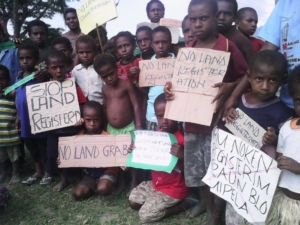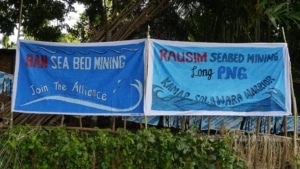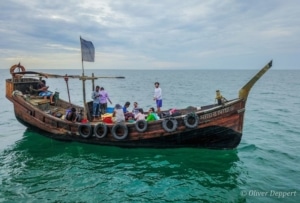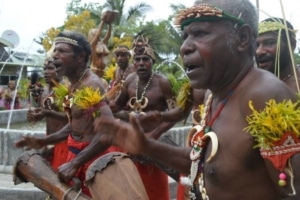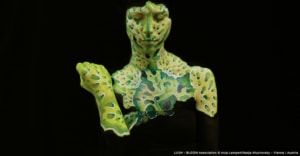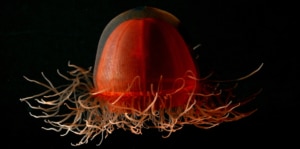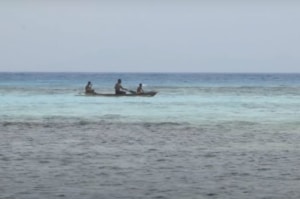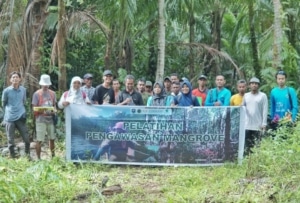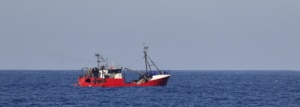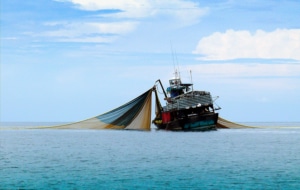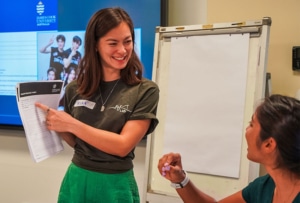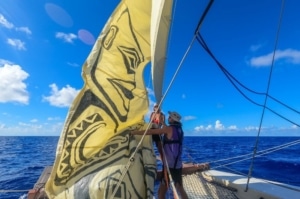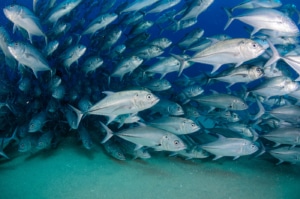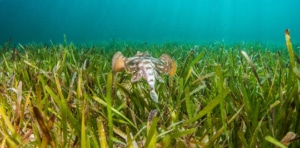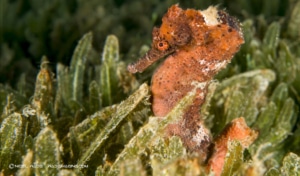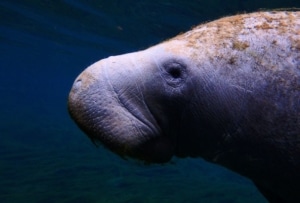Bengal Elasmo Lab (Alifa Haque)
Bengal Elasmo Lab is an informal collaboration led by Alifa Haque which is working to conserve the sharks and rays of the Bay of Bengal, Bangladesh.
At A Glance
- Programme: Ocean
- Years Funded: 2022
- Ecosystem Focus: Marine
- Species Focus: Fish
- Geographic Focus: Bangladesh
Alifa Haque and the Bengal Elasmo Lab team works in the Bay of Bengal, Bangladesh region, a mega-diverse bay we once knew very little about in terms of diversity, fisheries and trade, resulting in the unnoticed extirpation of several globally threatened species. The team focuses on the values of meaningful collaboration, inclusiveness and equity, and acting based on scientific evidence. As such, Alifa’s team includes local fishers, and the group works closely with the fishing community to both include them as part of their social and ecological research, as well as to identify barriers to taking conservation action.
Alifa has collaborated with local fishers and traders to develop a research platform which collects catch and trade data in the Bay of Bengal. Since its launch in 2018, this platform has identified 15 new species of sharks and ray in the Bay. This research highlighted the presence and fishing pressure on two Critically Endangered species, the largetooth sawfish and the sharpnose guitarfish.
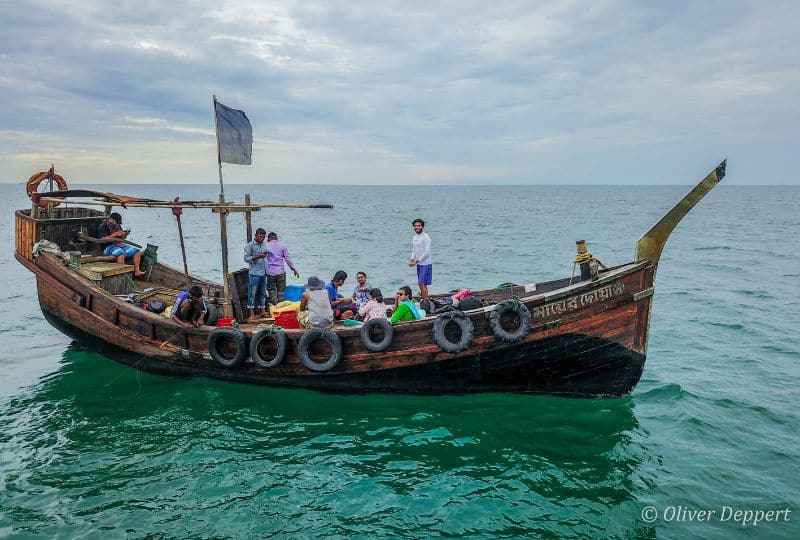
Alifa’s team works closely with local fishers to fill knowledge gaps and build inclusive solutions towards shark and ray conservation, with a particular focus on sawfishes and guitarfishes. Image © Oliver Deppert
Sawfishes and guitarfishes belong to a group of fishes closely related to sharks called rhinopristiformes rays. This group makes up some of the world’s most threatened marine fishes. These species play a critical role in the marine ecosystem: they move around sediment and unearth smaller organisms which makes it easier for other animals to find prey. Populations are declining due to overfishing and loss of habitat, and recovery has been difficult due to slow reproductive cycles and absence of species-specific management. Despite once having spanned the Atlantic, Indian, and Pacific oceans in large numbers, the shark-like rays (sawfishes) have now disappeared from 59 per cent of the world’s coastal waters.
Synchronicity Earth’s Ocean Programme is supporting Alifa and her team to develop a bottom-up, stakeholder-led, sustainable fisheries model that is context-dependent (geographically and culturally) and has the conservation of threatened species at its centre. This work uses a mixed method approach to design an inclusive and effective conservation strategy for sawfish and guitarfish, including: landing data collection, socio-economic data collection, boat monitoring, and species recovery plan designing. The goals of this work are to establish a scientific baseline for these highly data-poor species in the Bay of Bengal region, as well as to inclusively develop a species recovery plan for sawfish and guitarfish which addresses real barriers to change on the ground.

